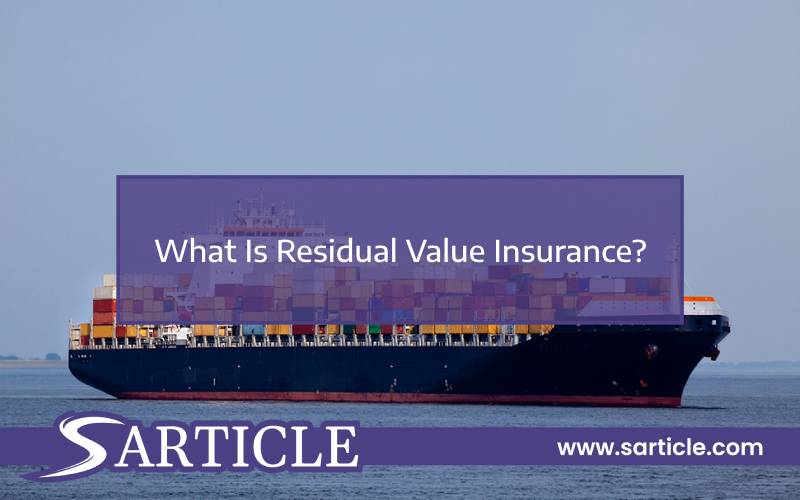Residual value insurance, also known as RV insurance, is a specialized form of insurance designed to protect the value of an asset, typically a high-value item such as a vehicle or equipment. Unlike traditional insurance policies that focus on protecting against damage or loss, residual value insurance is concerned with protecting the asset’s predetermined residual value or the expected worth at the end of a lease or loan term. In this comprehensive guide, we will delve into the concept of residual value insurance, its application in various industries, the benefits it offers, and important considerations for both policyholders and insurers.
Understanding Residual Value Insurance
Defining Residual Value
Residual value refers to the estimated worth of an asset at the end of its lease or loan term, considering factors like depreciation and market conditions.
Purpose of Residual Value Insurance
Residual value insurance protects the lessor or lender from potential losses if the asset’s actual value falls below the agreed-upon residual value.
Asset Categories Covered
Residual value insurance can apply to various assets, including vehicles, machinery, equipment, and even real estate.
How Residual Value Insurance Works?
Calculation of Residual Value
Before entering into a lease or loan agreement, the parties involved determine the asset’s residual value based on market projections and depreciation estimates.
Premium Payment
The lessor or lender pays a premium to the insurance company for the coverage provided.
End-of-Term Evaluation
At the end of the lease or loan term, the asset’s actual value is assessed. If it is lower than the predetermined residual value, the insurer covers the difference.
Benefits of Residual Value Insurance
Risk Mitigation
Residual value insurance protects lessors and lenders from potential losses due to unexpected depreciation.
Enhanced Flexibility
For lessees, residual value insurance can provide more flexibility in lease terms, as they are not solely responsible for the asset’s value at the end of the term.
Boosting Confidence
Residual value insurance can instill confidence in investors, allowing for more attractive financing options.
Applications of Residual Value Insurance
Automotive Industry
Residual value insurance is commonly used in the automotive industry, providing protection to car manufacturers, lessors, and lessees.
Equipment Leasing
In equipment leasing arrangements, residual value insurance ensures protection for lessors and provides lessees with greater financial security.
Real Estate Leasing
Residual value insurance is applied in certain real estate leasing scenarios, protecting landlords and tenants from potential market fluctuations.
Considerations for Policyholders
Asset Selection
Choosing assets with more stable depreciation rates is crucial for accurate residual value projections.
Insurance Costs
Policyholders must carefully evaluate the cost of residual value insurance and weigh it against potential risks and benefits.
Insurance Policy Terms
Policyholders should thoroughly review insurance policies to understand coverage limits and exclusions.
Considerations for Insurers
Risk Assessment
Insurers must conduct thorough risk assessments to accurately determine premiums and potential exposure.
Market Research
Monitoring market trends and asset values is essential for insurers to make informed underwriting decisions.
Portfolio Diversification
Insurers may consider diversifying their residual value insurance portfolio to mitigate concentration risks.
Conclusion
Residual value insurance is a specialized form of coverage that protects the predetermined worth of an asset at the end of its lease or loan term. Commonly used in the automotive, equipment leasing, and real estate industries, this type of insurance offers risk mitigation, flexibility, and confidence for lessors, lenders, and lessees alike. Policyholders should carefully consider asset selection, insurance costs, and policy terms, while insurers must conduct thorough risk assessments and market research to accurately underwrite residual value insurance policies. By understanding the concept and applications of residual value insurance, businesses and individuals can make informed decisions to safeguard the value of their high-value assets.


